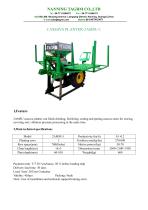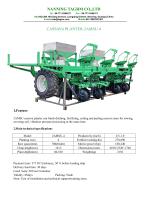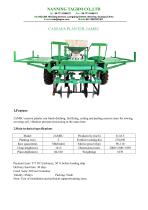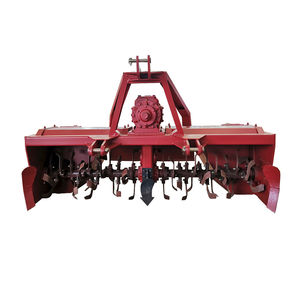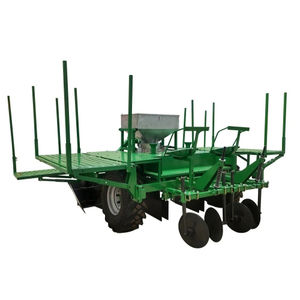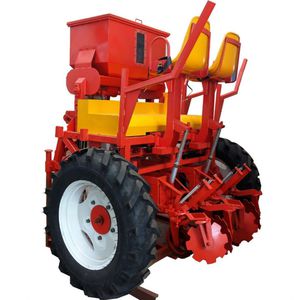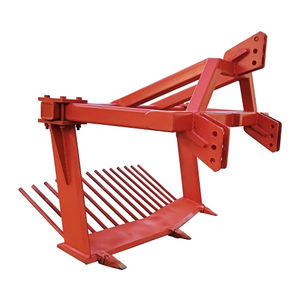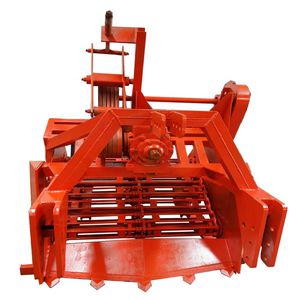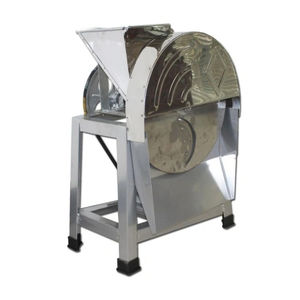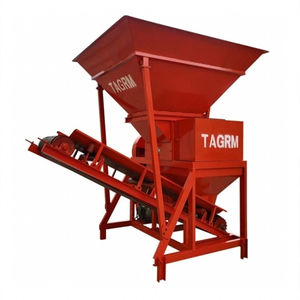
- Company
- Products
- Catalogs
- News & Trends
- Exhibitions
Cassava planter 2AMSUmanual2-rowtowed
Add to favorites
Compare this product
fo_shop_gate_exact_title
Characteristics
- Crop type
- cassava
- Type
- manual
- Number of rows
- 2-row
- Mobility
- towed
- Other characteristic
- mechanical
Description
Mechanical planting of cassava has numerous benefits. Firstly, it is highly efficient, covering large areas in a relatively short period. This is especially beneficial when large tracts of land are to be planted quickly. Furthermore, mechanical planting can reduce the number of resources expended in terms of labor, fuel, and seeds. It can also improve yields by reducing the amount of soil compaction that occurs with manual planting. Additionally, mechanical planting can aid in weed control, as machines can eliminate weeds more effectively than manual labor.
Not only can mechanical planting increase output and efficiency, but it can also help to improve the quality of cassava production. Machines allow for greater accuracy when planting and can also help to reduce crop variation, as plants are uniformly spaced apart. This helps to ensure that all plants receive the same amount of nutrients, light, and water, leading to improved yield and quality of the final product.
Lastly, mechanical planting can reduce the physical strain on farm workers, allowing them to work longer hours without feeling the effects of fatigue. Ultimately, the adoption of mechanical planting technology is a beneficial step for the agricultural sector, reducing costs, increasing output, and improving the overall quality of crop production.
Catalogs
Related Searches
- Seeder
- Grain drill
- Precision seed drill
- Conventional seed drill
- Planter
- Tractor-mounted seed drill
- Towed planter
- Tractor-mounted precision seed drill
- Disc seed drill
- Automatic planter
- Seed drill with fertilizer applicator
- Mechanical planter
- Precision seed drill with fertilizer applicator
- Manual planter
- 2-row planter
- 4-row planter
- 1-row planter
- Semi-automatic planter
- 4-row precision seed drill
- 5-rows precision seed drill
*Prices are pre-tax. They exclude delivery charges and customs duties and do not include additional charges for installation or activation options. Prices are indicative only and may vary by country, with changes to the cost of raw materials and exchange rates.


